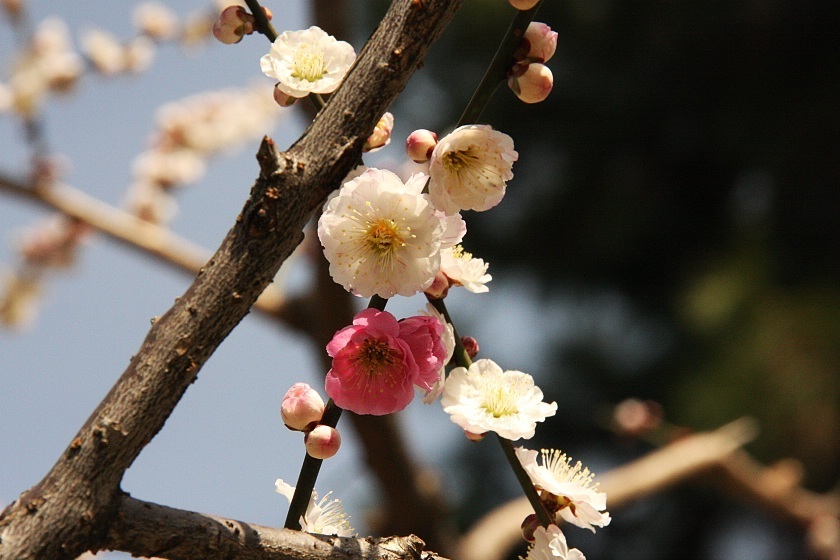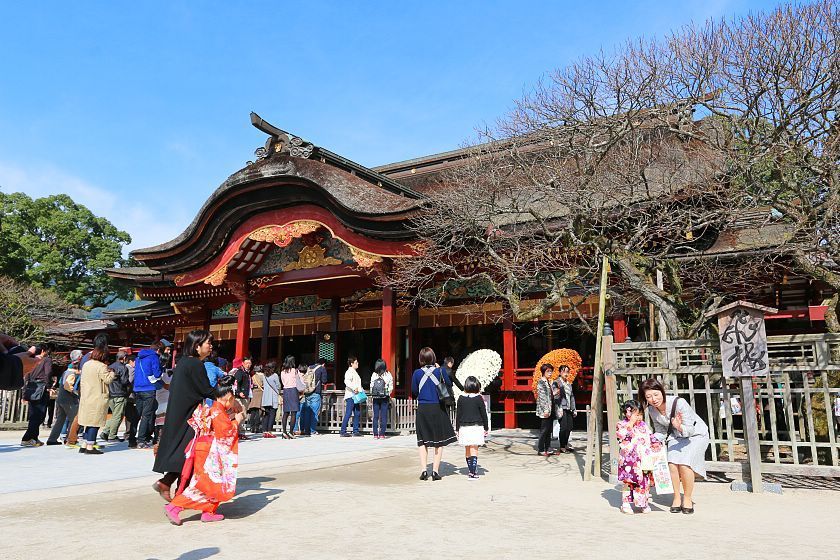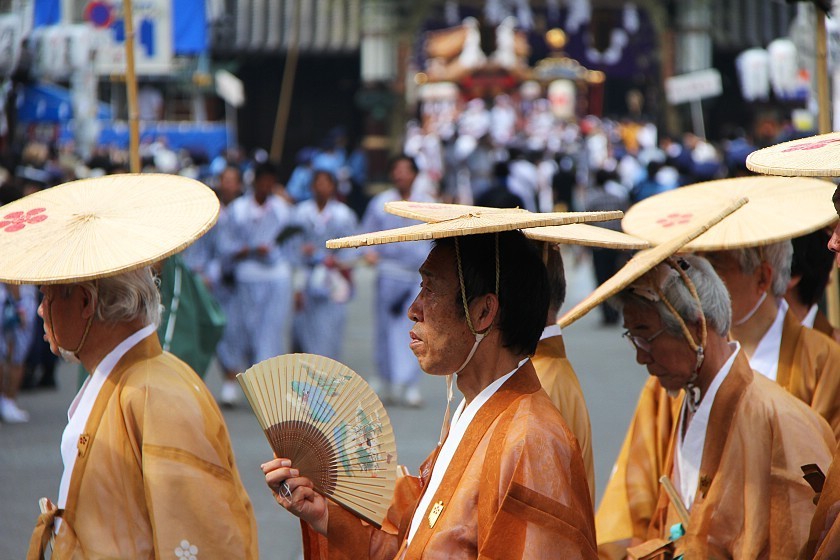Lives from Japanese History - Sugawara Michizane

One of the most celebrated figures of the Heian Period, Sugawara Michizane was a renowned scholar, poet and bureaucrat of the Imperial court, whose life made a lasting impression on the development of Japanese culture. Due to events after his death, he would later enter the Shinto pantheon and is today enshrined at over 10,000 shrines throughout Japan as Tenjin, the god of scholarship and literature.
Born into a distinguished family of scholars, Michizane began reading the Chinese classics at an early age and is said to have composed his first poetry by the age of eleven. After eight years at the national academy, Michizane passed the rigorous exams needed to enter the civil service and rose quickly through a number of junior court positions while at the same time serving as a professor of literature. In 877, he was awarded the title of monjo hakushi (doctor of literature), the most distinguished academic rank of the time.

It was a common practice for mid-level civil servants to gain experience in at least one remote posting, and in 886 Michizane was named governor of Sanuki Province, present-day Kagawa Prefecture. Although his term of office appears to have been fairly unremarkable, this first experience away from the capital inspired a burst of creativity and many of his most accomplished poems were written during this time.
Upon returning to Kyoto in 890, Michizane found himself under the patronage of Emperor Uda and was rapidly promoted through a series of important positions, ultimately rising to the post of Udaijin (minister of the right), the second most important government role. Despite his expertise in Chinese classics, Michizane played an important part during this time in ending official diplomatic missions to China, a decision that would change the direction of Japan's developing cultural identity.
Unfortunately for Michizane, his rise to power put him at odds with the powerful Fujiwara court faction, and when Emperor Uda abdicated in favor of his son Daigo his position grew increasingly vulnerable. In 901, Michizane's rivals at court were able to implicate him in an alleged plot against the throne and he was transferred in ignominy to a post at Dazaifu in what is today Fukuoka Prefecture. Humiliated by his fall from power and devastated at the death of his young son shortly after, Michizane channeled his heartbreak into a number of final poems before passing away in 903.

Shortly after his death, Kyoto was struck by a series of misfortunes, from plague to severe flooding, while at the court several high ranking officers were killed in fires when the great audience hall was repeatedly struck by lightning. Believing Michizane's angry spirit must be to blame, the court struck his disgrace from the record and restored his former titles, before erecting the Kitano Tenmangu Shrine in his memory. The court would eventually take the further step of declaring Michizane a god, with the new name of Tenjin.
Initially associated with the prevention of natural disasters, Tenjin was later adopted as the patron of scholars due to Michizane's lifelong dedication to study and poetry. Today, students pray for success in exams at over 10,000 Tenjin shrines located throughout the country, the two most important being Kitano Tenmangu in Kyoto and Dazaifu Tenmangu, the place of his exile and death. Tenjin is also celebrated in the Tenjin Matsuri, one of Japan's top three festivals held every year in Osaka on July 24th and 25th (sadly cancelled this year due to Covid 19).






